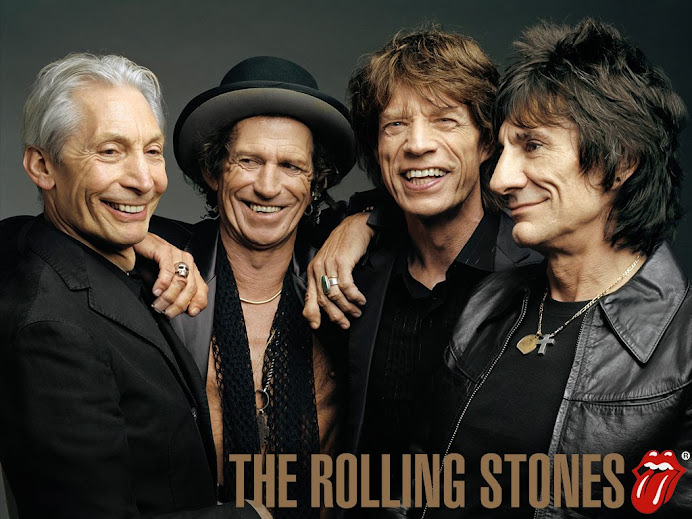
And still ahead of her were dozens of pop hits, including “Be My Baby,” “Da Doo Ron Ron,” “Leader of the Pack” and “River Deep, Mountain High.”
On her wedding day, she was just another 22-year-old hoping for a break in the music world and a happy marriage, said Dorothy Danziger, who worked in an office with her in Midtown Manhattan. “We had life in common, not music,” Ms. Danziger said Thursday. “Hopes and dreams, that kind of thing.”
Ms. Greenwich, whose masterful way with melody helped to shape popular music in the early 1960s, died last week at 68. She was widely heard and little known. With Carole King and Cynthia Weil, she was one of three influential women songwriters who came of age in New York just after the three-minute 45-r.p.m. vinyl record became a standard.
She learned her craft in the Brill Building, at 1619 Broadway, near 50th Street, a place teeming with music publishers, arrangers, musicians, composers, promoters. It was as if an entire industry had settled into a high-rise hive.
“Brill was a building where songwriters would go up to the 11th floor and would come down on the elevator and stop at each floor, trying to sell their songs at every office,” said Mike Stoller, a composer who, along with Jerry Leiber, wrote early hits of Elvis Presley.
For those who could not afford space in the building, the phone booths in a restaurant on the street, the Turf, served as a kind of office. Session musicians and writers lingered there.
“If a songwriter was doing a demo session and someone hadn’t shown up, they’d run into the restaurant and shout, ‘I need a bass player,’ and he’d get one,” Mr. Stoller said.
As the story goes, Ms. Greenwich, who taught high school for less than a month after attending Queens College and Hofstra, made the rounds in the Brill Building, selling a few songs for $25. One day, a friend of a friend got her an appointment to see a big-name songwriter, who turned out to be busy elsewhere. Told to sit in a room in the ninth floor offices of Leiber and Stoller that was equipped with a piano, she played a few of her songs while she waited.
Mr. Leiber, who thought he was hearing Carole King, stuck his head in and said, “Carole?” Ms. Greenwich introduced herself, and he told her to keep playing and to come back as often as she wanted. He also gave her $100 a week, in exchange for having the chance to hear her tunes first. Ms. Greenwich teamed up with another writer, Jeff Barry; they married and lived in Lefrak City in Queens, composing one of their first songs as they rode the E train. They also wrote with Phil Spector and a producer, George Morton.
These were not the crystalline lyric songs of musical theater, or hard-banging rock and roll; the “concept” album had not yet been born. Ms. Greenwich and Mr. Barry specialized in girl groups, with lyrics that painted, or crayoned, the high dramas of the teenage heart.
These young composers “became keenly conscious that they were writing records, not songs,” writes Ken Emerson in his rich history of the Brill Building era, “Always Magic in the Air”.
Nearly for the first time, women songwriters were being widely heard. “The prominence of Carole King, Cynthia Weil, and Ellie Greenwich was unprecedented in American popular music, all the more so because King and Greenwich not only wrote but arranged and produced songs,” Mr. Emerson wrote.
Mr. Stoller, whose joint autobiography with Mr. Leiber, “Hound Dog,” was published in June, said that Ms. Greenwich had a knack for stripping songs to their essentials. “It’s very difficult to write simple,” he said. “She could write simple songs that were ultimately indelible.”
She and Mr. Barry separated after three years of marriage; they continued to write together for a short time. She occasionally worked as a song doctor while singing backup for stars like Aretha Franklin, Cyndi Lauper and Debbie Harry. She had a comfortable income from royalties, but had signed away valuable stakes in the songs.
After parting with Mr. Barry, she did not find another collaborator in work or life, and never had children, to her regret. In an interview for a radio series by Charlotte Greig, she reflected on the unkept promise of her “Chapel of Love” — that “we’ll never be lonely anymore.”
“Lord knows, if you go by my songs and the way my personal life has gone, you’d say, ‘Oh my, this lady was dreaming,”’ Ms. Greenwich said. “But I still feel it would be nice.”
A few weeks ago, at the Caffe Lena in Saratoga Springs, a captivating jazz singer named Jeanne O’Connor closed a show with a song for a member of the band who was getting married: “Chapel of Love.”
It’s not likely that many in the audience knew who Ellie Greenwich was. But all of them, from kids to old-timers, spontaneously sang out her chorus, “We’re going to the chapel ...” They knew it by heart.

No comments:
Post a Comment